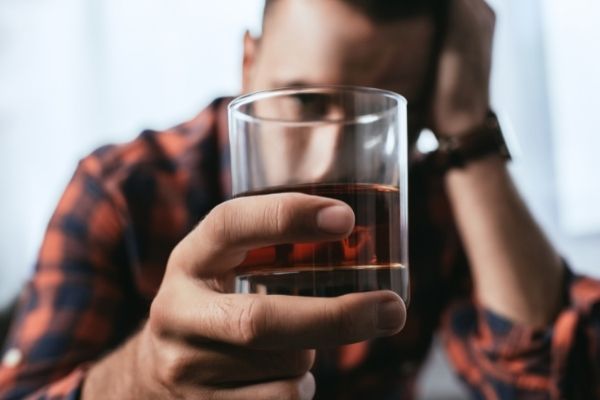One of the biggest appeals of peer-based addiction recovery groups like Alcoholics Anonymous is the promise of anonymity in a judgment-free zone. They teach that being short of perfection is okay and that it’s more important to have the right mindset than simply getting everything right the first time. But is there a limit to their ‘come as you are’ attitude? Coming to an AA meeting while intoxicated seems like a (pretty obvious) bad idea. What isn’t immediately clear is whether that’s actively disallowed or just something that’s frowned upon.
Can I Go To AA If I’ve Been Drinking?
Technically, yes, you can attend an AA meeting while drunk or high. While it’s not ideal, there are no official Alcoholics Anonymous rules about who can attend group meetings or what condition they must be in. That said, individual groups have nearly full autonomy to conduct themselves how they wish (after following the foundations of the Traditions, of course) and may have their own rules regarding a participant showing up in this state. Typically, it’s only those who are belligerent and disruptive that are ever asked to leave.
Why Is It Frowned Upon?
It boils down to two main reasons. One: If you’re drunk, you’re less likely to get the full benefit of what’s being shared. Attending a meeting might ultimately be a waste of your time and put you at a greater likelihood of being disruptive to others. Two: The sight or smell of an intoxicated person could be triggering to other attendees. Your presence might not just be disruptive but actually detrimental to someone else’s recovery.
However, people going to AA meetings after they’ve been drinking is far from a rare occurrence. Many groups have unofficial protocols for how these individuals are dealt with and whose members have literally been in that same position.
What to Expect if You’re Drunk at an AA Meeting
Despite how discreet you think you are, other Alcoholics Anonymous attendees will likely be able to tell if you’ve been drinking. In most cases, you will be allowed to stay, though it is within their rights to ask you to leave, which is not unheard of. Here are some things you can expect to happen:
- You’ll be asked not to share: Speaking is considered a privilege to those who have abstained from drinking for at least 24 hours. Instead, they’ll ask that you only listen.
- You can still meet and speak with other members: Odds are strong that at the beginning or end of the meeting, other sober members may take you aside to speak. You’ll likely get several pamphlets, phone numbers, and advice.
- You’ll be encouraged to come back: Alcoholics Anonymous groups are filled with people who have been in your shoes and genuinely want you to get better. You won’t be shunned or shamed if you go to a meeting drunk. Instead, you’ll be encouraged to return with a gentle suggestion to abstain from drinking before attending.
To Start Somewhere in AA
Don’t let a fear of judgment stop you from getting the help you need. You aren’t the first and certainly won’t be the last person to have gone to AA while drunk, and the only true requirement to joining is a desire to stop drinking (see Tradition Three). Get your sobriety journey started, and find an Alcoholics Anonymous meeting near you today.
